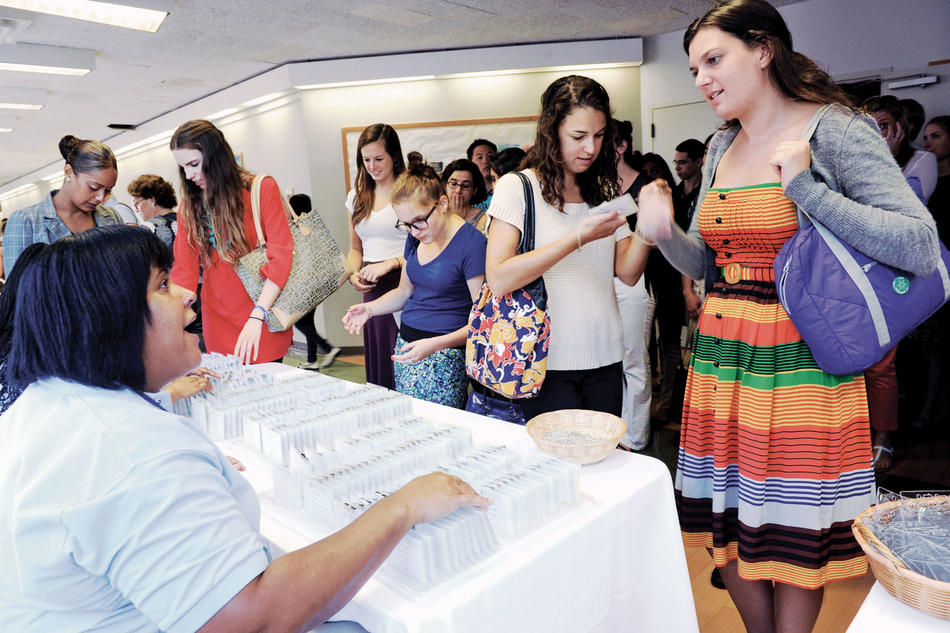A few years ago, the nonprofit Institute of Medicine issued a report calling on all schools of public health in the US to provide students a more broad-based education.
Among the institute’s concerns was one commonly expressed by alumni of public-health schools and the employers who hire them: that the schools put too much emphasis on accruing technical knowledge in a single area like biostatistics, epidemiology, population and family health, or environmental-health science.
This fall, Columbia’s Mailman School, which is ranked among the top five public-health schools in the nation, became the first to overhaul its entire curriculum in response to those concerns. Most of its master’s degree students will now earn about half their credits in areas outside their concentrations and will spend more time acquiring practical skills such as writing policy briefs, coordinating outreach campaigns, speaking publicly, and negotiating.
The new curriculum was developed at the behest of Dean Linda Fried and is the result of an intensive two-year planning process that drew on input from 150 faculty members, in addition to many students, alumni, and employers. It includes several new courses, such as Leadership and Innovation, in which first-year MPH students will learn team-management and conflict-resolution skills through role-playing. In another new required course, Integration of Science and Practice, students will develop plans to implement health policies drawn from case studies, such as New York City’s recent ban on trans fats in local restaurants, and then pitch them in a mock conference.
“The critical feature of the cases is that there's no right answer,” says Melissa Begg, Mailman's vice dean for education, in a forthcoming article in the school's new alumni magazine. “It’s going to be intimidating to a lot of people. But that’s what will happen when they get their jobs.”
The article in Mailman’s magazine, written by Jon Marcus, describes how the school’s innovations are leading a trend among public-health schools; one long-time Mailman professor involved in creating the new curriculum, Ian Lapp, is now helping Harvard implement similar changes at its public-health school.
“What Columbia has done and Harvard is doing is challenging the status quo,” says Sandro Galea, another Mailman professor who was centrally involved in the curriculum redesign. “It’s a bold experiment. We don’t know exactly how this is going to work. But there’s going to be no appetite for going back.”



